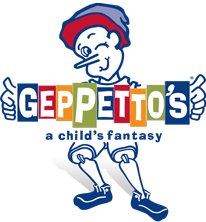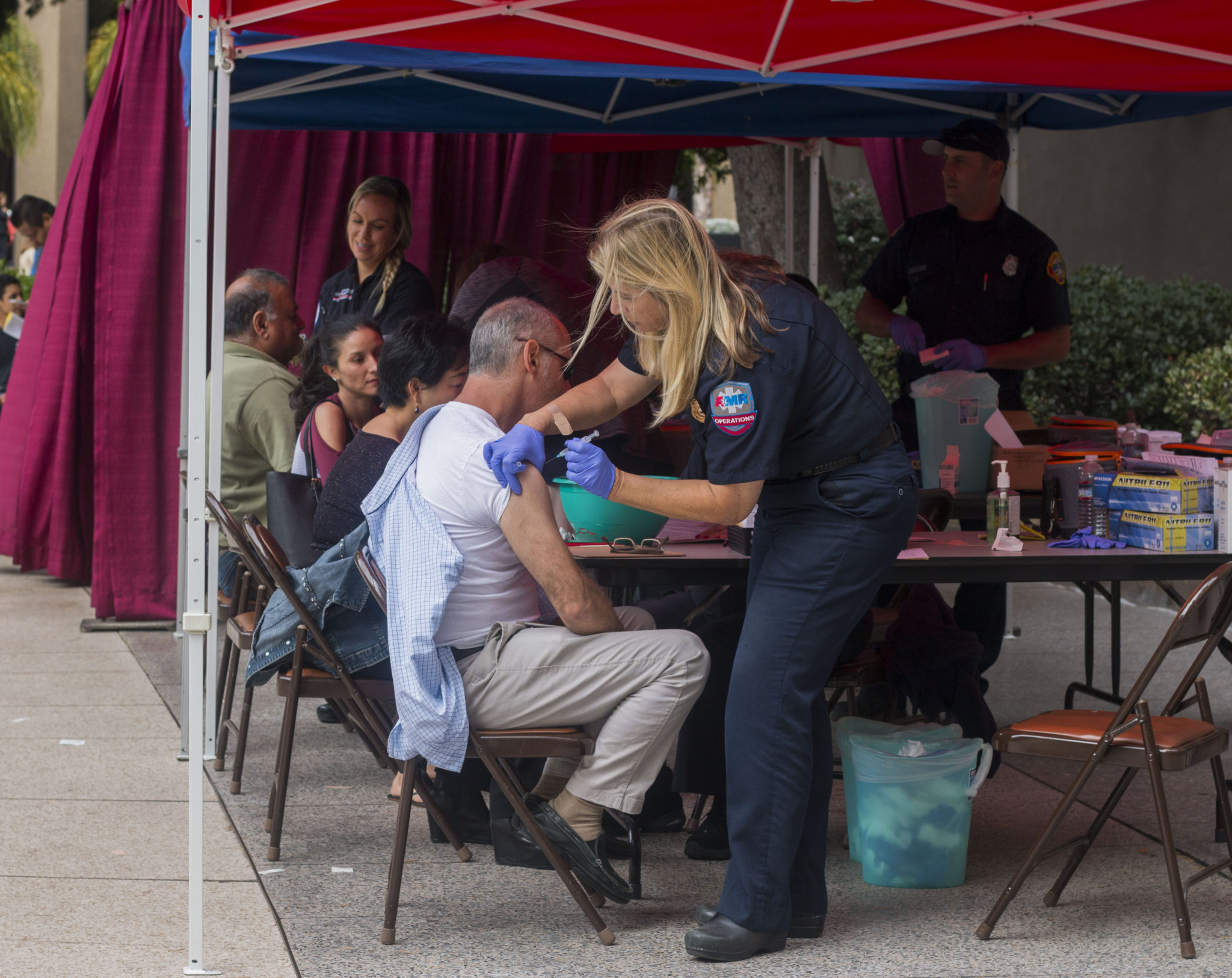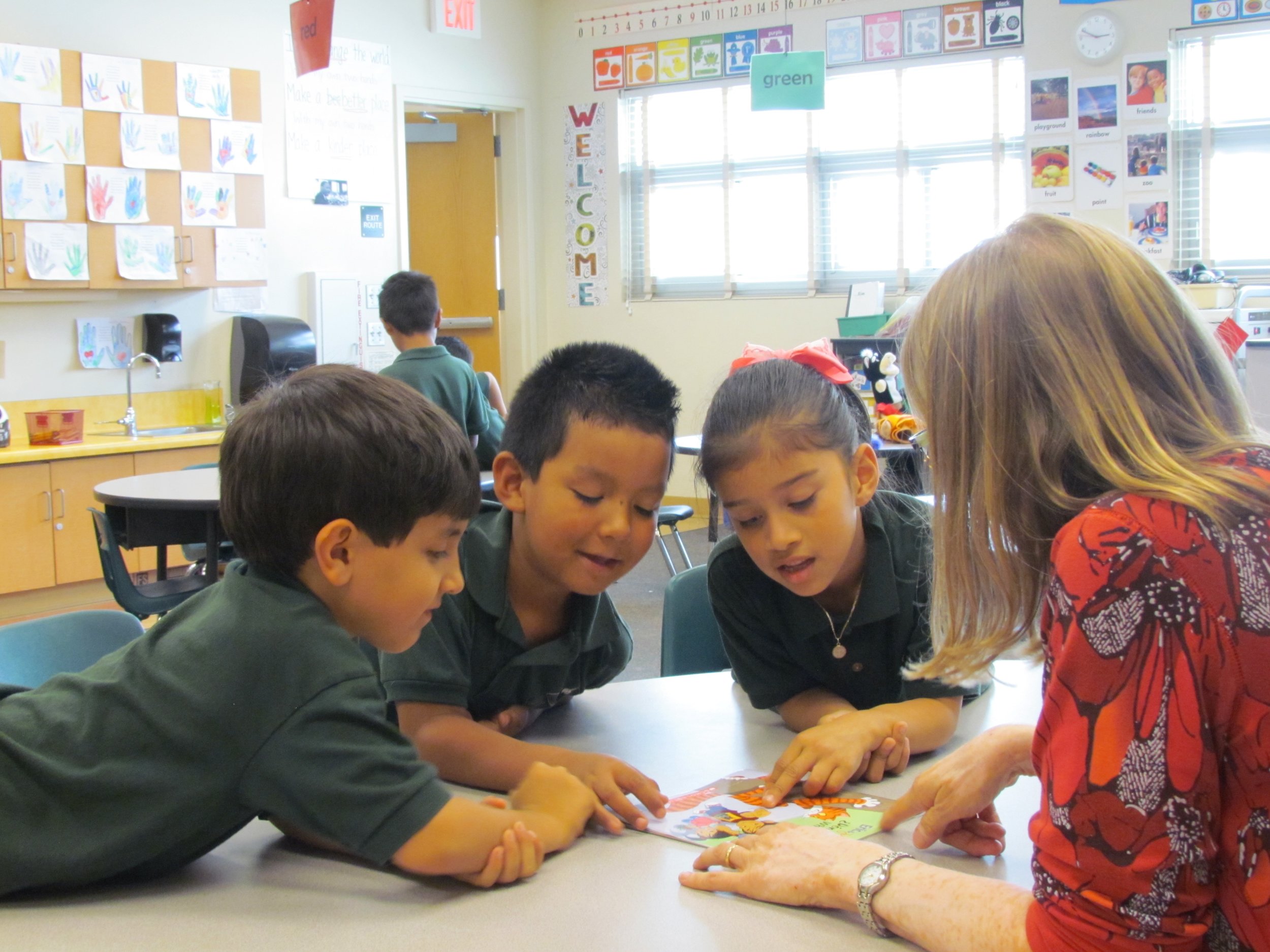By Jennifer Van Pelt
An image that visualizes the difference between equality and equity. In both images three figures stand in front of a fence, attempting to see over it, and they all stand at different levels of the field, some higher and some lower than the others. The “equality” image shows each figure standing on an equal sized box, yet one figure still cannot see over the fence. The “equity” image shows the figure lowest on the field with three boxes, the second lowest with two, and so on, so that everyone can see over the fence. (Source)
The terms “equity” and “equality” are frequently thought to be interchangeable. However, in the world of education (and beyond) there is a large distinction between the two that can be differentiated in the same way as “fairness” and “sameness.” King University describes the difference as, “Equality denotes how people are treated, such as providing students an equal amount of respect or an equal amount of instruction. But equity, on the other hand, is about giving each students the tools [they] specifically need to thrive.” Equality assumes that every child needs the same amount of attention and tools in school in order to succeed. Equity accounts for the fact that children have different home lives, backgrounds, learning styles, or learning disabilities, among other factors.
The Glossary of Education Reform outlines several ways in which inequity can enter the public school system and classrooms:
Societal Inequity: Minority students (based on race, ethnicity, nationality, language, religion, class, gender, sexual orientation, or ability) may experience conscious or unconscious discrimination that can affect their learning, achievement, or aspirations.
Socioeconomic Inequity: Students from lower-income households can under-perform in the classroom and tend to enroll in higher education at lower rates than their more affluent peers.
Familial Inequity: Students may come from a tumultuous household with abuse, poverty, or lack of support. Parents who are unable to read themselves or were unable obtain a diploma may place a different emphasis on academics than parents who obtained a college degree.
Linguistic Inequity: Students who are learning the English language may be disadvantaged in classrooms that provide English-only exams and can be held to lower academic expectations.
These background variables place students at different advantages in school, starting from the time they enter Kindergarten. The support an English-language learner needs in a classroom differs from the attention a student who comes from an low-literate household needs. By focusing on these needs from the beginning, we can prevent achievement gaps that will only widen over time.
There are various ways to help bring fairness to the classroom and provide the tools that each student needs individually to succeed. An article written by Shane Safir, the founding co-principal of June Jordan School for Equity, explains some of these methods. Her first example details an English-language learner who struggled with paragraphs and punctuation and how she found the time for one-on-one teaching during a class quiz. By placing more emphasis on the student’s learning gap instead of a quiz that the entire class was taking, the teacher saw the importance in bringing the ELL student up to speed with the rest of the class. Some of her other methods include knowing the students lives outside of school, what they enjoy doing, and more about their family, so the teacher can build trust and begin to understand what additional support, if any, the child may need. Safir also believes in creating a safe space where failure is celebrated and students can share their struggles with their peers in order to learn from each other.
There have been several federal initiatives related to providing equity to students through how funding is allocated to schools as well as supporting organizations who can help bridge the equity gap directly. Promise Neighborhoods, Investing in Innovation, and IDEA are all recent federal initiatives that focus on supporting nonprofits and institutions of higher education that provide these students the tools they need to thrive.
Words Alive works to achieve equity in education, by providing additional support to students who may be working through extraordinary circumstances in the public school system. If you would like to learn more or get involved with our Words Alive programs, click here for more information.
Sources:
https://online.king.edu/news/equality-vs-equity/
https://www.edglossary.org/equity/
https://www.edutopia.org/blog/equity-vs-equality-shane-safir



















